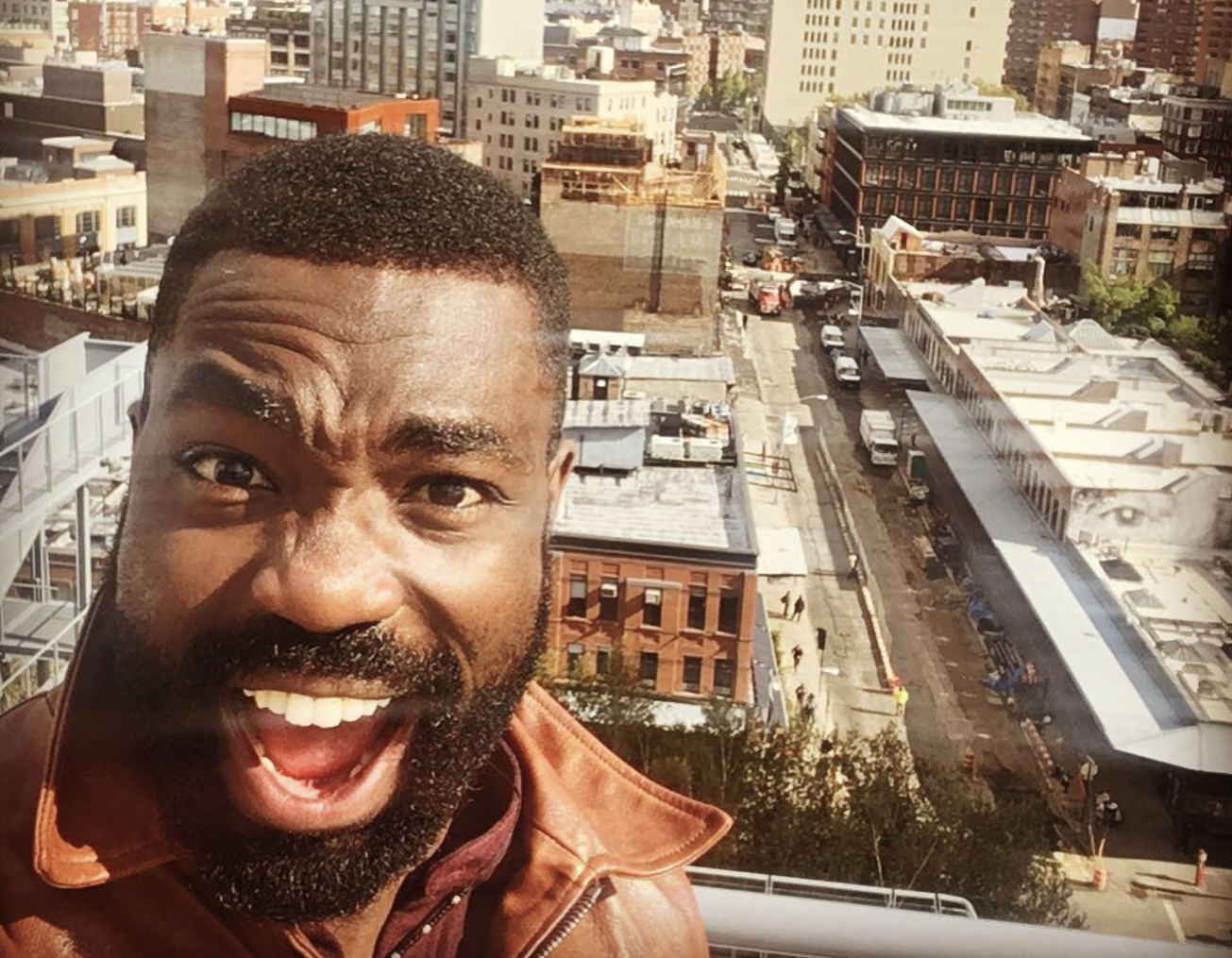TAIPEI — Taiwan has been slow to learn the lessons from Russia’s invasion of Ukraine and should be accelerating a shift away from big-ticket warplane and warship projects and switching to agile weaponry like drones and mobile air-defense systems that could cause China major problems, a retired top military official told POLITICO.
Lee Hsi-ming, who served as chief of the General Staff of the Taiwanese armed forces until 2019, said the military was making an “improvement” in adjusting its strategic approach over the the past two years, including investing in drones, but still reckoned too much money was being spent on conventional-arms projects with an emphasis on costly and uncertain local research on warships and marine engines.
Since the Russian invasion of Ukraine in 2022, Taiwan has been working on a so-called “porcupine strategy” that centers on mobile, short-range defensive weapons. The problems that Russia’s vast military encountered taking on an agile opponent in Ukraine offered particular food for thought for the Taiwanese.
A presidential election on January 13 has reawakened fears of a military confrontation in the South China Sea, as Beijing has warned the democratic island that reunification with the mainland is inevitable and the vote is a choice between war and peace.
Lee insised more agile, asymmetric weaponry would be crucial to the island resisting for an extended period to wait for potential U.S. support to arrive.
Asymmetric capabilities focus on “weapons that are low-cost, with high survivability,” Lee said. “The key is to have a large number of them. Just a few won’t work. Ukraine has proven that.”
“There’s been improvement, but it’s far from enough. The biggest problem facing Taiwan is that, while the government talk about the importance of asymmetric warfare, they also highlight the indigenous national defense industry, building Taiwan’s own warships,” said the former admiral, who’s now a senior research fellow with the Project 2049 Institute in Washington.
Low-cost drones
Denial of air superiority would be key to deter a Chinese invasion, meaning Taiwan would need to focus more on mobile air defense systems. “The non-mobile, large-scale, long-range ones are easy to be destroyed,” he said.
The same goes for building high numbers of low-cost drones. “Taiwan needs a small quantity of advanced drones, complemented with a large quantity of low-cost, small attack drones,” he said. “If you have enough of them, it would be a big headache to China.”
Taiwan should also start phasing out the French-made Mirage warplanes, acquired in 1997, according to Lee. “Ukraine doesn’t have fighter jets to fight with [the Russians.] It’s all about air denial, but fighter jets are for air dominance,” he said. Asked why the air force clung on to Mirage jets — with a plan in July to extend their service life — Lee said: “They can’t let go of it. They can’t let go of the old stuff. There’s no money to buy new ones.”
Since he retired from military service, Lee has become a leading strategist in Taiwan calling for a new asymmetric warfare strategy, which involves sweeping changes to the decades-old Taiwanese focus on procuring big warships, warplanes and missiles. For political leaders and generals alike, those items are good for publicity, useful to showcase to the people that the government is working on massive defense projects.
All three presidential candidates in Saturday’s election focus on deterrence. Those include Hou Yu-ih, whose opposition Kuomintang (KMT) party has shifted from outright appeasement toward Beijing in an earlier era to a combined approach of build-up defense capabilities alongside dialogue with Beijing. The ruling Democratic Progressive Party (DPP) has relied on international support, and has extended the conscription period from four months to a year.
But neither party has done enough to design a feasible strategy, Lee said.
“The KMT hasn’t explained how this [deterrence] would be done, nor did the DPP,” he said. “Both parties are ambiguous.”







